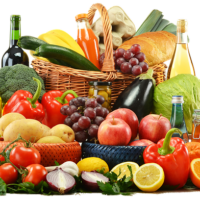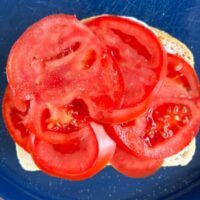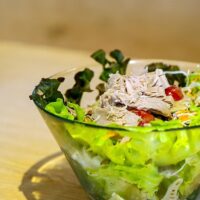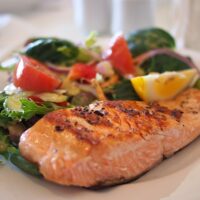Why the Rage About Ozempic?
We see it advertised everywhere. Commercials, billboards, news articles, social media.
Everywhere.
So, exactly what is it and who is using it?
Ozempic and Wegovy are trade names for semaglutide injectable, given once a week. Ozempic is prescribed to help treat type 2 diabetes. Wegovy is used for weight loss. Rybelsus is the same drug, in oral form, for type 2 diabetes. There are several drugs in this category, including Trulicity and a newer drug, Mounjaro.
These drugs are known as GLP-1 agonists, also known as glucagon-like peptide-1 receptor agonists. They mimic the action of the GLP-1 hormone, which plays a role in glucose metabolism and appetite regulation.
GLP-1 agonists help lower blood sugar levels by increasing insulin secretion in response to meals, decreasing glucagon release, and slowing gastric emptying. The result is reduced HbA1c levels, a marker of long-term blood sugar control. 
These medications help reduce appetite and increase satiety, leading to significant weight loss in many users. They are now approved for chronic weight management in individuals with obesity (Body Mass Index, BMI, of 30 or higher) or overweight (BMI of 25 to 29.9) with related comorbidities. Some of these drugs are indicated for those with cardiovascular disease.
Without insurance or manufacturer discount coupons, Ozempic is somewhere around $1000/month. Wegovy is a bit more expensive and less likely to be covered by insurance since it’s considered a weight loss drug.
These drugs are to be used as an adjunct to changes in dietary and lifestyle habits.
Possible side effects such as nausea, vomiting, diarrhea, and constipation are common, especially when starting the medication or increasing the dose. These side effects often decrease over time as the body adjusts to the medication.
Severe, but rare side effects include pancreatitis, medullary thyroid cancer, worsening diabetes-related retinopathy, intestinal obstruction.
Since these drugs first came out in 2005, researchers are still learning about other potential uses and benefits. Long-term effects of use are obviously still unknown.
Stopping Ozempic can lead to an increase in blood sugar levels, potential weight gain, and the return of other symptoms it was managing. In other words, it’s likely that you’ll end up where you were before the Ozempic, or perhaps worse.
Since each person is unique, there is no best way to manage type 2 diabetes or obesity. Every treatment plan must be individualized to best serve the patient. 
Now when you see something in the news or social media about Ozempic or a similar drug, hopefully you’ll have a better understanding of this topic.
If you’re struggling with weight and/or health issues, a change in diet and lifestyle habits will have an impact. It’s surprising how a few simple changes can make a significant difference.
Email me today if you’d like to discuss what’s possible.
Remember, I live with Mr. Non-Compliant, and he is a work in progress.
Much love,
Health Coach Carol
“Let food be thy medicine, thy medicine shall be thy food.” – Hippocrates, Ancient Greek Physician








